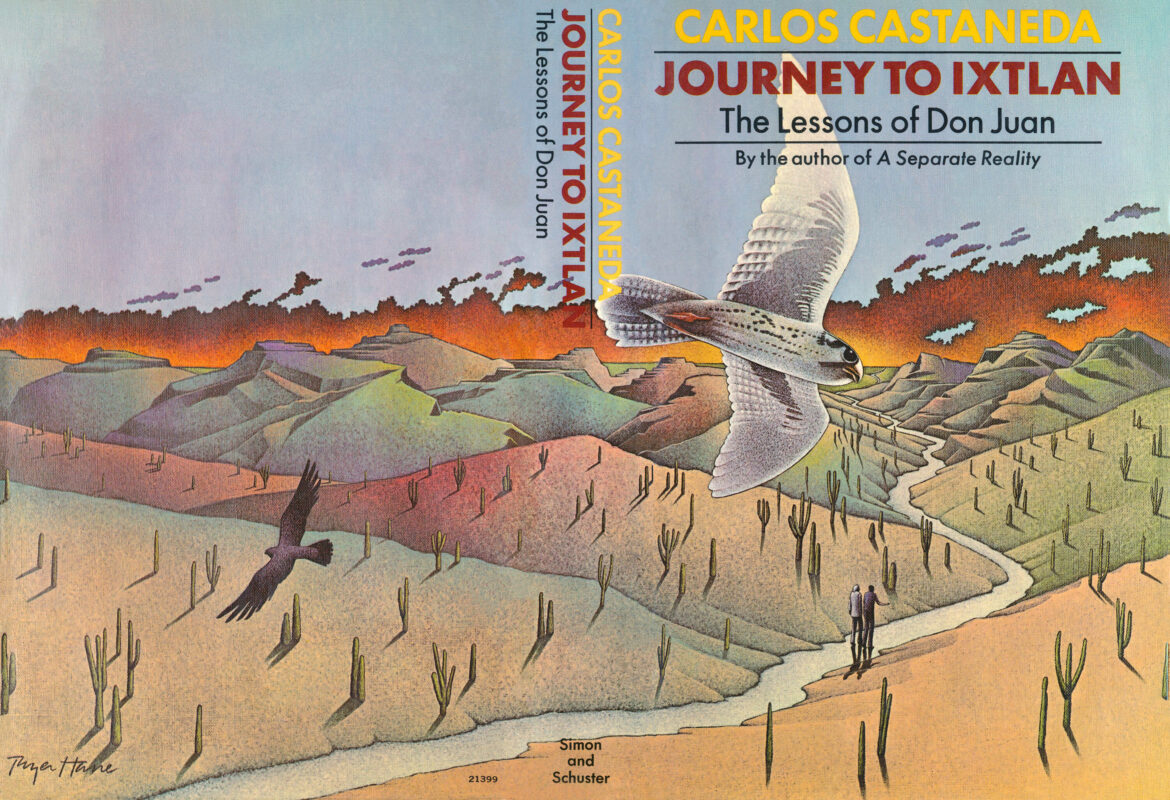Part One: Stopping the World – Disrupting the Routines of Life
In this chapter, Castaneda learns from Don Juan that true hunting transcends mere trapping, emphasizing the crucial need to disrupt personal routines and embrace unpredictability to avoid becoming “prey” oneself. Don Juan illustrates this by contrasting human habits with the non-routine existence of “magical” animals, culminating in a surprising anecdote about his own encounter with a talking deer, further challenging Castaneda’s conventional understanding of reality and self.
Part One: Stopping the World – Disrupting the Routines of Life Read More »
